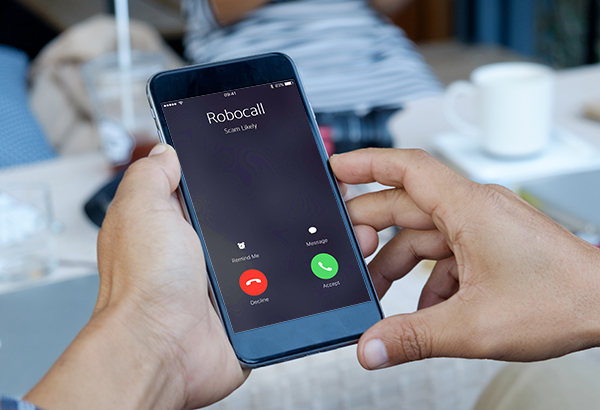On May 15, the Federal Communications Commission (FCC) submitted a proposal that would allow phone carriers to block unwanted robocalls to their customers by default. Most phone service providers offer call-blocking as an opt-in service, but this new initiative would allow robocall blocking by phone carriers without opt-in.
The proposal will not compel phone companies to block robocalls, it will shield them from legal liability should they mistakenly block calls that customers wanted to receive. Such calls might include credit card payment reminders, doctor’s appointment reminders, etc., which their customers may have opted-in to receive from a third-party.
If adopted, the proposal, Call Blocking By Default to Help Combat the Scourge of Robocalls, circulated by FCC Chairman Ajit Pai, would give phone carriers permission to develop new call blocking tools. It would also give customers the power to prevent calls from phone numbers not on their contact lists.
“By making it clear that such call blocking is allowed, the FCC will give voice service providers the legal certainty they need to block unwanted calls from the outset so that consumers never have to get them,” says Chairman Pai.
The FCC proposal for “Call Blocking By Default” has two parts intended to help consumers block unwanted robocalls: A declaratory ruling which would allow phone carriers to provide call-blocking services by default, and a Further Notice of Proposed Rulemaking which would create a safe-harbor for call-blocking programs targeting potentially spoofed calls while still safeguarding critical calls. The intent is to make it easier for phone carriers and customers to put an end to unwanted robocalls and not interfere with emergency communications systems.
The proposal has a few additional provisions that includes a demand for phone carriers to adopt Caller ID authentication standards. Phone carriers will be allowed to offer opt-out call blocking programs and an opt-in “whitelisting” filter so long as they clearly disclose to consumers what types of calls may be blocked and provide sufficient information to consumers for them to opt-out.
If adopted, the proposal could lead to the development of new call blocking tools like those currently used by third-party apps. According to the FCC, many voice service providers have held off on developing call blocking tools because it has been unclear whether those tools were legal under FCC rules.
“The American people are fed up with illegal robocalls. It is the top complaint we receive from consumers each and every year. And we believe that we need to make it easier for phone companies to block these robocalls.” says Pai.
Pai is urging carriers to offer robocall tools for free, but it is not a requirement, and it may mean that some costs are passed on to consumer. In addition, the FCC has not yet released the specific details of its proposal such as the guidelines for determining whether a call is “wanted” or “unwanted.”
The FCC will consider the proposal at its June 6th meeting.
